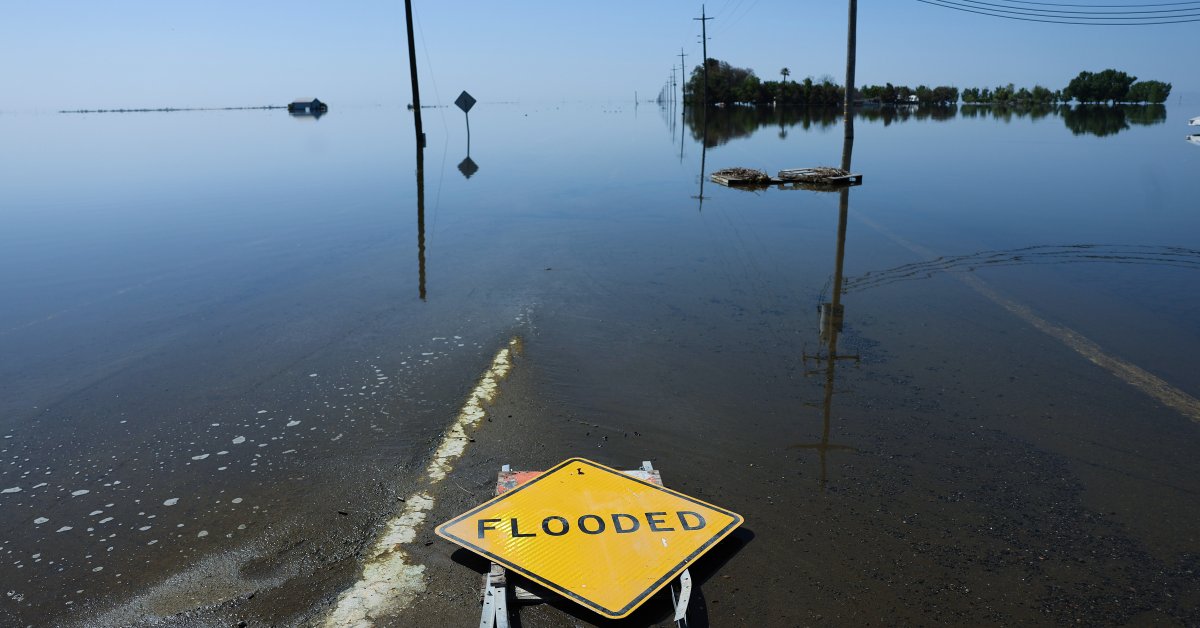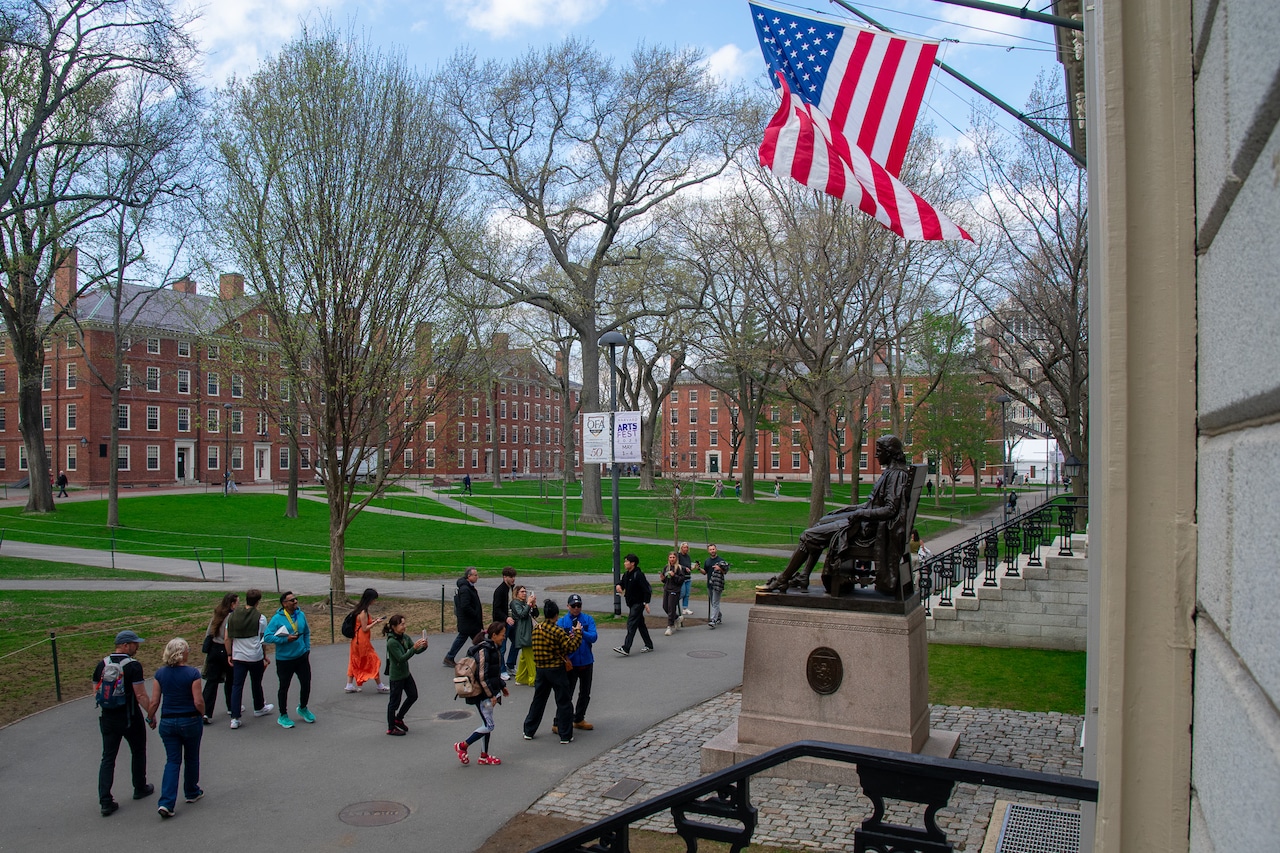Are 100-Year Floods, Droughts, And Heatwaves Becoming The New Normal? A Climate Change Analysis.

Welcome to your ultimate source for breaking news, trending updates, and in-depth stories from around the world. Whether it's politics, technology, entertainment, sports, or lifestyle, we bring you real-time updates that keep you informed and ahead of the curve.
Our team works tirelessly to ensure you never miss a moment. From the latest developments in global events to the most talked-about topics on social media, our news platform is designed to deliver accurate and timely information, all in one place.
Stay in the know and join thousands of readers who trust us for reliable, up-to-date content. Explore our expertly curated articles and dive deeper into the stories that matter to you. Visit Best Website now and be part of the conversation. Don't miss out on the headlines that shape our world!
Table of Contents
Are 100-Year Floods, Droughts, and Heatwaves Becoming the New Normal? A Climate Change Analysis
The summer of 2023 delivered a stark message: extreme weather events, once considered statistically improbable "100-year" occurrences, are happening with alarming frequency. From devastating floods in Pakistan and Libya to crippling droughts in the Horn of Africa and record-breaking heatwaves across Europe and North America, the question on everyone's mind is: are these extreme events the new normal? The short answer, backed by overwhelming scientific consensus, is a worrying yes.
This isn't just about anecdotal evidence; a wealth of data points towards a frightening trend driven by climate change. The increasing intensity and frequency of these events pose significant risks to global stability, infrastructure, and human lives.
The Science Behind the Shift
The scientific community overwhelmingly attributes the rise in extreme weather events to anthropogenic (human-caused) climate change. The burning of fossil fuels releases greenhouse gases, primarily carbon dioxide, into the atmosphere, trapping heat and causing a global temperature increase. This warming doesn't just lead to higher average temperatures; it fundamentally alters weather patterns.
How Climate Change Exacerbates Extreme Events:
- Increased Evaporation: Higher temperatures lead to increased evaporation from water bodies, resulting in more intense and prolonged droughts in some regions.
- Atmospheric Water Vapor: Warmer air holds more moisture, leading to heavier rainfall and increased flood risk when storms occur.
- Ocean Warming: Rising ocean temperatures fuel more powerful hurricanes and typhoons, increasing the severity of coastal flooding and storm surges.
- Jet Stream Disruptions: Changes in the jet stream, a high-altitude air current, can lead to prolonged periods of extreme weather in specific locations, such as persistent heatwaves or droughts.
Beyond the Statistics: Real-World Impacts
The consequences of these increasingly frequent extreme weather events are devastating and far-reaching:
- Economic Losses: The cost of rebuilding infrastructure after floods, wildfires, and storms runs into billions, impacting national economies and placing a strain on already limited resources. The provides detailed reports on the economic impacts of climate change.
- Humanitarian Crises: Extreme weather events displace populations, cause food shortages, and exacerbate existing conflicts, leading to humanitarian crises requiring significant international aid. Organizations like are actively working on the frontlines of these crises.
- Loss of Biodiversity: Rapid environmental changes caused by extreme weather directly threaten biodiversity, leading to species extinction and ecosystem collapse. The tracks the impact on endangered species.
What Can We Do? Mitigation and Adaptation Strategies
While the future looks challenging, it's not hopeless. Addressing climate change requires a two-pronged approach:
- Mitigation: Reducing greenhouse gas emissions through transitioning to renewable energy sources, improving energy efficiency, and adopting sustainable land-use practices is crucial to slowing down the rate of climate change. The provides comprehensive reports on climate change mitigation.
- Adaptation: Investing in infrastructure that can withstand extreme weather events, developing early warning systems, and implementing drought-resistant agricultural practices are essential for adapting to the changes already underway.
The Urgent Need for Action
The increasing frequency of 100-year floods, droughts, and heatwaves is not a distant threat; it's a present reality. Ignoring the scientific evidence and delaying action will only exacerbate the problem, leading to even more catastrophic consequences. The time for decisive action is now. We must collectively commit to reducing emissions and building more resilient communities to safeguard our future. Learn more about what you can do to help combat climate change through organizations like .

Thank you for visiting our website, your trusted source for the latest updates and in-depth coverage on Are 100-Year Floods, Droughts, And Heatwaves Becoming The New Normal? A Climate Change Analysis.. We're committed to keeping you informed with timely and accurate information to meet your curiosity and needs.
If you have any questions, suggestions, or feedback, we'd love to hear from you. Your insights are valuable to us and help us improve to serve you better. Feel free to reach out through our contact page.
Don't forget to bookmark our website and check back regularly for the latest headlines and trending topics. See you next time, and thank you for being part of our growing community!
Featured Posts
-
 Who Are The Us Players To Watch At Roland Garros 2025
Jun 01, 2025
Who Are The Us Players To Watch At Roland Garros 2025
Jun 01, 2025 -
 Harvards Israeli Student Population At Risk Amidst Trumps Antisemitism Allegations
Jun 01, 2025
Harvards Israeli Student Population At Risk Amidst Trumps Antisemitism Allegations
Jun 01, 2025 -
 Harvard Students Emboldened By Commencement Speakers Stand
Jun 01, 2025
Harvard Students Emboldened By Commencement Speakers Stand
Jun 01, 2025 -
 Predicting The Alycia Parks Vs Elsa Jacquemot French Open 2025 Encounter
Jun 01, 2025
Predicting The Alycia Parks Vs Elsa Jacquemot French Open 2025 Encounter
Jun 01, 2025 -
 Pre Match Report Trinidad And Tobago Vs Ghana Standings History And Prediction
Jun 01, 2025
Pre Match Report Trinidad And Tobago Vs Ghana Standings History And Prediction
Jun 01, 2025
